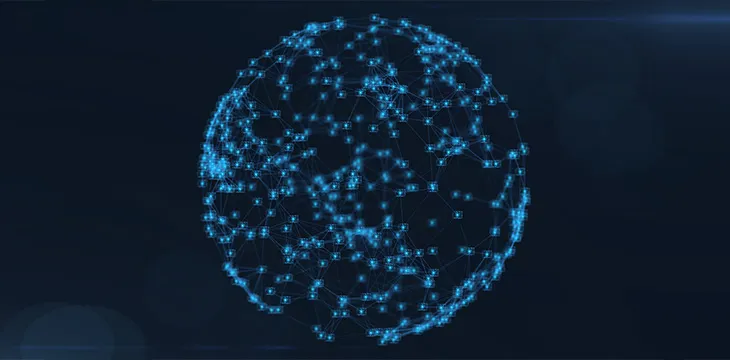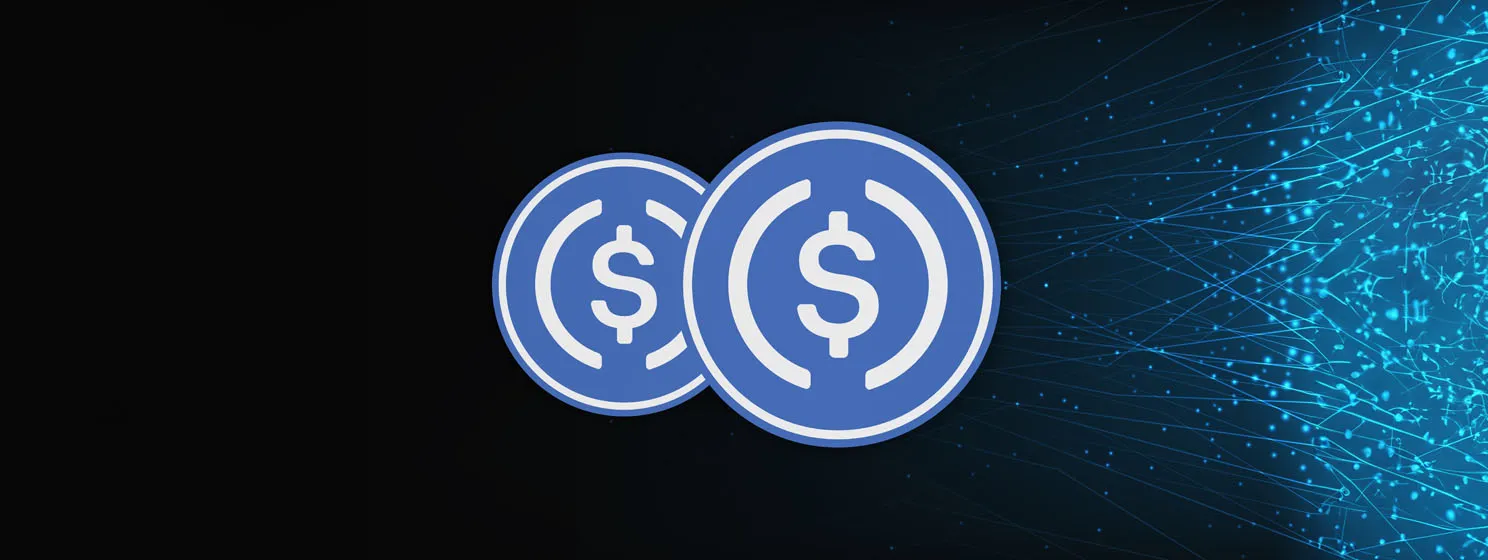|
Getting your Trinity Audio player ready...
|
The recent recommendation in the Ira vs Craig case, rewarding half the Bitcoin to Ira, stood firmly on the basis that the judge believed Craig had tampered with documents. Wright’s team claimed that some documents were hacked and maliciously modified.
One of the difficulties of this trial is the sheer volume of data. On one hand, when one team is asked to hand everything over, you hand everything you have over. You don’t go through every document and analyse for tamperings – there’s no time for that. Nonetheless, the judge deems that if you provide documents, the onus is on you to ensure the veracity of the contents. This is a valid position.
The ultimate truth of the forged documents may never really be known. All we can do in our current system is have a judge or jury rule on what they perceive to be the truth. Much of what is in law is (particularly in the absence of hard evidence) often subjective. It is on what we are inclined to reasonably believe or reasonably reject. Cases that are in the absence of hard evidence often introduce incredibly polarizing opinions. Take for example the recent case against Cardinal Pell who is now a convicted pedophile. This case was based on the testimony of one person (the victim). The judge and jury in that case found that the victim’s account was “believable”, and this was sufficient to lock the cardinal up. The lack of hard evidence provided an outlet for public divide on the matter, with notable Catholics and commentators doubting the judgement. The jury in that case conclusively decided that Pell was guilty.
Wright’s team claimed the doctored documents were a result of a hack, but they did not produce hard evidence to back up this claim.
Hard evidence is hard to come by. This is an unfortunate aspect of many trials. It is for the judge and jury to determine who is right and who is wrong, and to rule accordingly. I like to believe they usually get it right. Sometimes they get it wrong.
Interestingly, a new Northwestern University study found that one in eight juries are making the wrong decision – by convicting an innocent or acquitting the guilty.
The point of this piece isn’t to say whether Craig did, or did not. Not at all. And it’s not to dilute a judgement, and it’s not to question the veracity of the law. It is to bring to light, an ever-present problem within the system, that by the account of many studies, exists.
So I present the question: How different would this discovery process had been if Bitcoin SV’s MetaNet had been around for the last two decades (presuming technology was there).
The metanet world will be vastly different to today’s world. It will be a world where countless devices all around the world are hooked up to the blockchain, autonomously feeding and giving data. Where all future food deliveries are managed on-chain, and where vertical farms make their supply orders automatically. Robots will drive major ecosystems. Such changes are already happening… just think about lights-out factories. Human responsibilities are moving towards creating, building and automating. The every day routine jobs, are quickly becoming a thing of the past. And much of that change is irrespective of the blockchain. But when all these devices interact on chain, you have a single truth system, where every entity owns its own data.
One of the key take-aways of the Metanet is that everything that is of value is recorded on-chain. When records, workflows and movements are recorded immutably on-chain with time-stamped precision you have a very different set of proceedings in court.
First let’s go to the question where the judge asked if Craig wrote the Bitcoin whitepaper, to which Craig and the Plaintiff agreed Craig is the author. However, in a metanet world, Craig would have had the associated key, and would be able to prove with significant weight that he did so.
But more importantly, questions regarding the legitimacy of documents would effectively be practically non-existent. In a metanet economy, where data has direct value, not only would hackers be dis-incentivized from modifying a record (since the original will always exist on-chain), but even if they tried, the original could easily be recalled and used with potent effect, dismissing the fraudulent document.
Bitcoin SV is building an honest system. A system of traceability and accountability. Whether Craig did or didn’t, the truth would be concrete in a metanet world.
Encrypted key frames from CCTV could record the presence or absence of an individual in a specific place to acquit or convict them. Encrypted crime-scene photos could be uploaded the very moment they are taken on a tablet and uploaded, making tampering of original evidence near impossible. This world is being built right under our noses, and there are a number of applications being built already that are offering this sort of transparency. Here’s a very recent one called Tape Recorder: LINK – which uses an interesting method to record script attestations, promoting transparency.
Not only does the metanet help in providing an ultimate truth to a dispute, it also goes quite someway to discourage would-be hackers and criminals. Accountability indeed reshapes people’s behaviour for the better. However, your privacy continues to remain your privacy, as you choose to encrypt your data. All this data then, lives not on Facebook’s servers, not on Google’s servers, and certainly not on Apple’s servers, but on the blockchain that remains decentralized, and where only you have the key to unlock YOUR DATA.
The metanet world is a better world. Bitcoin SV is building this world.
Eli Afram
@justicemate

 08-03-2025
08-03-2025 




